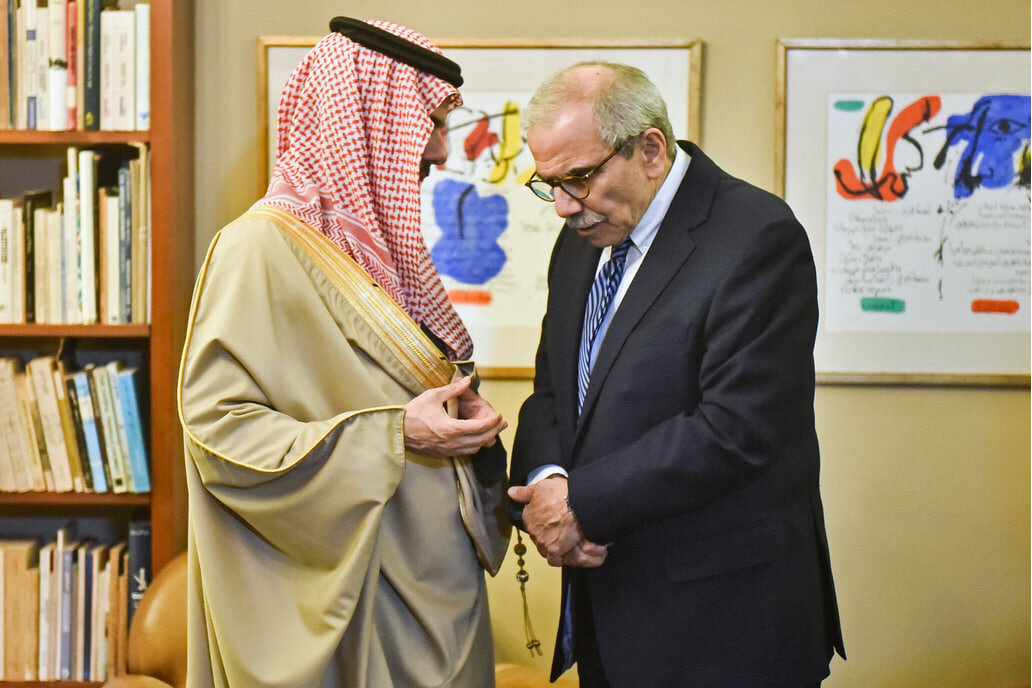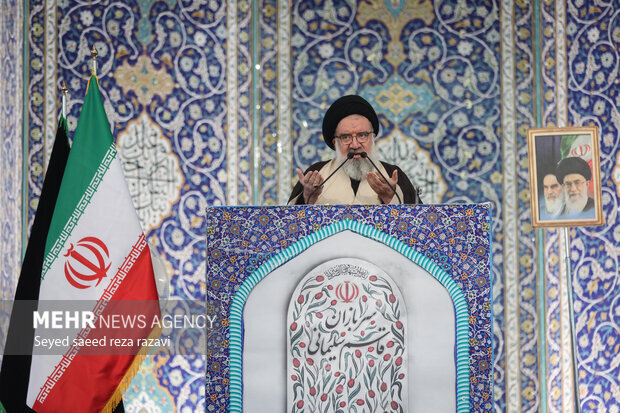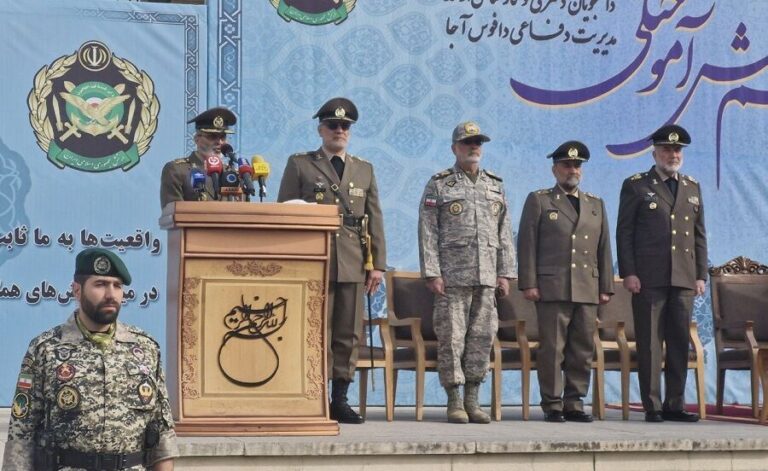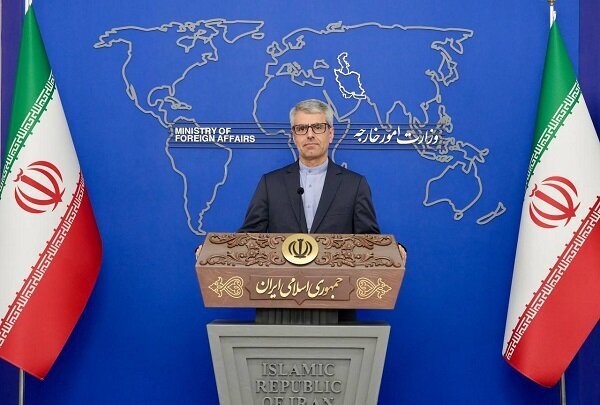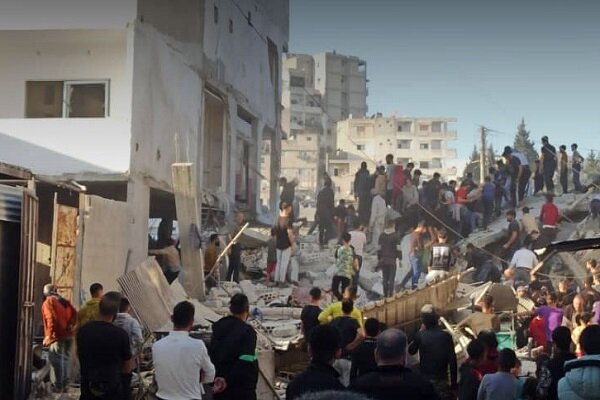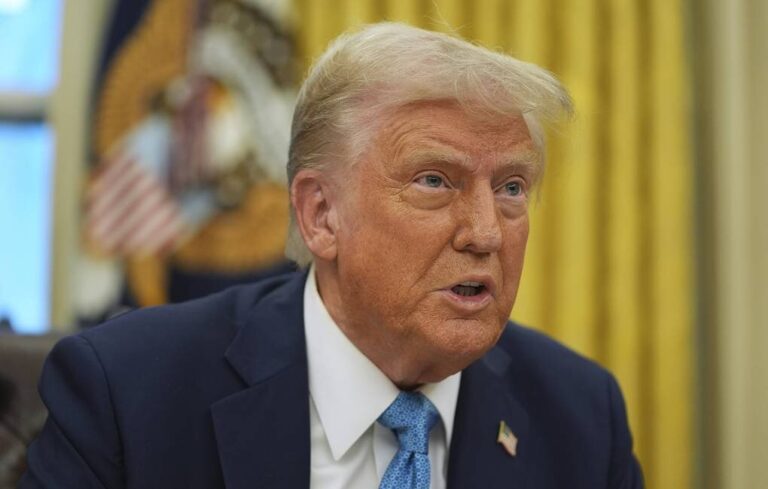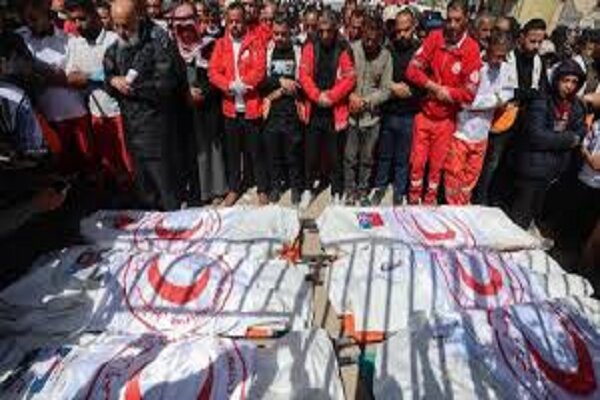Saudi Delegation in Beirut: Intensifying External Pressure on Hezbollah
In a significant diplomatic move amidst ongoing tensions in Lebanon, Saudi Foreign Minister Prince Faisal bin Farhan recently visited Beirut. This visit is seen as part of a broader strategy involving the U.S. to address the challenges posed by Hezbollah. Observers note that the trip aims to reassure the international community regarding the reforms imposed on the newly established Lebanese authorities, particularly the goal of disarming Hezbollah.
During his visit, Bin Farhan concentrated on the actions being undertaken by the Lebanese Army in both the southern and northern regions of the Litani River. This focus aligns with the interests of both Washington and Riyadh, who support a dialogue between President Aoun and Hezbollah, provided it does not inadvertently bolster Hezbollah’s position.
Interestingly, this approach contrasts sharply with domestic factions like the Lebanese Forces party, led by Samir Geagea, which advocates for the **forced disarmament** of Hezbollah. Here are some key points regarding the ongoing situation:
- U.S. Involvement: The Deputy U.S. Special Envoy to West Asia, Morgan Ortagus, has been actively pressuring Hezbollah.
- Dialogue Support: While Washington and Riyadh favor discussions, they insist these talks must not benefit Hezbollah.
- Domestic Opposition: Local groups, particularly the Lebanese Forces, are pushing for a more aggressive stance against Hezbollah.
In a related development, President Aoun announced during a meeting with Qatar’s Emir, Tamim bin Hamad Al Thani, that the decision to limit arms solely to the Lebanese state has been finalized. He insisted that the implementation of this decision would be achieved through dialogue rather than force. Aoun further stressed the importance of formulating a comprehensive national security strategy that would bolster Lebanon’s defenses.
Moreover, Aoun clarified that the topic of normalization with Israel did not arise during discussions, reiterating Lebanon’s commitment to the resolutions made during the Beirut summit and the Riyadh conference concerning relations with Israel.
Prime Minister Nawaf Salam, acting under Riyadh’s guidance, also made a significant visit to Damascus. During this trip, he met with Abu Muhammad al-Julani, the leader of the Hayat Tahrir al-Sham regime. Accompanying him were key government officials, including the Defense Minister Michel Menassa, Interior Minister Ahmad Hajjar, and Foreign Minister Youssef Raji.
Last month, the Lebanese defense minister had already met with his Syrian counterpart in Jeddah to discuss crucial issues such as:
- Mechanisms for border control and crossings.
- Preventing smuggling activities.
- Demarcating land and sea borders.
- Enhancing security coordination.
- Addressing the situation of Syrian terrorists detained in Lebanese prisons.
This ongoing dialogue is critical, especially considering the troubling humanitarian situation in Lebanon. Despite facing a severe shortage of essential goods, the influx of Syrian refugees into Lebanon continues unabated. According to a recent report from the World Food Program, approximately 30,000 Syrians have entered the Akkar and North governorates since early April.
The majority of these newly displaced individuals are seeking refuge in collective shelters, including mosques, community halls, and private residences, often sharing accommodation with other families. This new wave of displacement has necessitated the establishment of **25 new shelters**, but these are expected to close within the next two months due to a halt in external funding.
Upon returning from Syria, Prime Minister Salam convened a meeting with Prince Faisal bin Farhan to provide updates on his discussions and the outcomes of his visit. Notably, Salam extended an invitation to Julani to visit Beirut, a move that could have significant implications for future diplomatic relations and security arrangements in the region.
